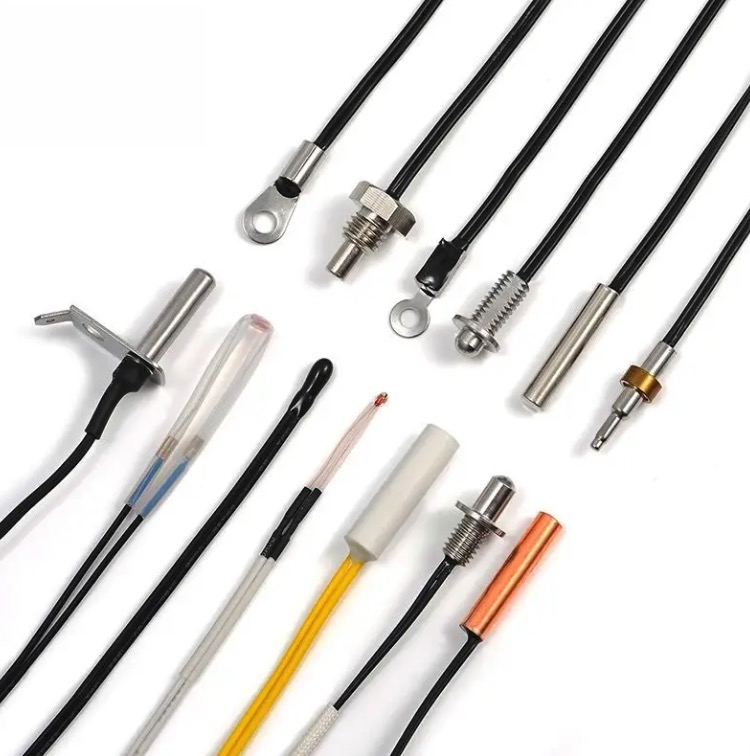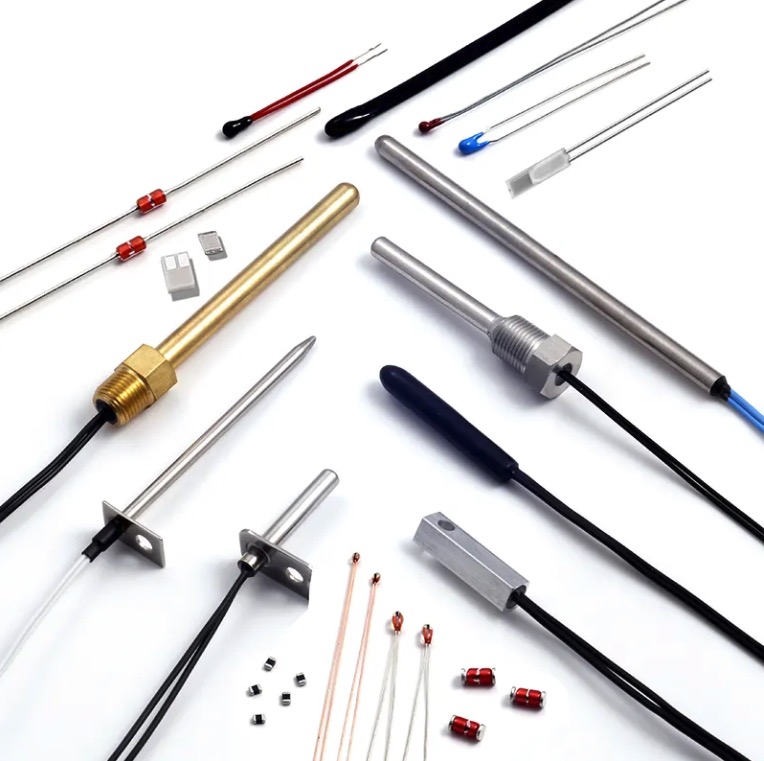Rain Sensor Price: How to Get the Best Deals on Water Detection Systems
Article Summary:
If you’re looking for a reliable and affordable way to protect your property from water damage, investing in a rain sensor could be a smart move. In this article, we’ll explain what rain sensors are, how they work, and what to look for when shopping around for the best deals. We’ll also compare prices from different manufacturers and help you choose the right system based on your budget and needs. So, without further ado, let’s dive into the world of rain sensors!
Introduction:
Rain sensors are electronic devices that detect the presence of water and automatically shut off water sprinklers or irrigation systems. They are essential in preventing water damage caused by overwatering and saving money on utility bills. However, with so many options available on the market, it can be overwhelming to choose the right one. In this article, we’ll provide a comprehensive guide to help you make an informed decision.
What are Rain Sensors?
Rain sensors are small gadgets that use various technologies, including capacitance, optical, and conductive, to detect rainfall. Once they detect moisture, they send signals to the irrigation controller, which shuts off the water supply. Some sophisticated models can even detect the amount of rainfall and adjust the watering schedule accordingly. Rain sensors are typically installed in open areas, such as gardens, lawns, and fields.
How do Rain Sensors Work?
Rain sensors work by measuring the conductivity of the water on their surface. When it rains, water accumulates on the sensor’s surface, causing the conductivity to increase. The sensor then sends a signal to the irrigation controller, telling it to turn off the sprinkler system. Once the water dries up, the conductivity returns to normal, and the irrigation system resumes normal operation.
Factors to Consider when Buying a Rain Sensor:
Before buying a rain sensor, there are several factors you need to consider. These include:
1. Type of technology: As mentioned earlier, there are several types of rain sensors, including capacitance, optical, and conductive. Choose the one that offers the best performance and reliability for your needs.
2. Durability: Rain sensors are typically installed outdoors and exposed to harsh weather conditions. Therefore, choose a sensor that is durable and can withstand extreme temperatures, rain, and wind.
3. Compatibility: Ensure that the rain sensor you choose is compatible with your irrigation controller’s make and model. Some sensors work only with specific brands, so check the compatibility before making a purchase.
4. Price: Rain sensor prices vary depending on the brand, technology, and features. Compare prices from different manufacturers and choose the one that offers the best value for your money.
Rain Sensor Prices Comparison:
To help you get the best deals on rain sensors, we’ve compared prices from different manufacturers. Here are some of the most popular models and their average prices:
1. Hunter Rain-Clik – $50
2. Toro Wireless Rain Sensor – $80
3. RainMachine Mini-8 WiFi Irrigation Controller – $150
4. Rachio Smart Sprinkler Controller – $250
Conclusion:
A rain sensor is an excellent tool for preventing water damage and conserving water. By choosing the right sensor based on your needs and budget, you can protect your property while saving money on utility bills. In this article, we’ve provided a comprehensive guide to help you make an informed decision. Remember to consider the type of technology, durability, compatibility, and price when shopping around for the best deals. With our tips, you can find the perfect rain sensor for your property and enjoy peace of mind knowing that your investment is protected.
Understanding NTC Temperature Sensor Craftsmanship and Reliability in Air Conditioning Systems
In modern HVAC systems, temperature sensors play a critical role in ensuring energy efficiency, performance stability, and user comfort. Among them, NTC (Negative Temperature Coefficient) thermistors are the most widely




